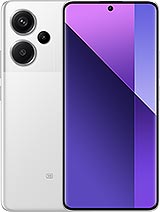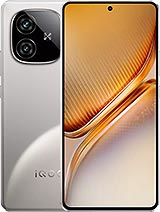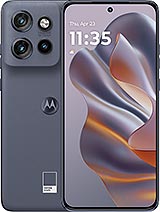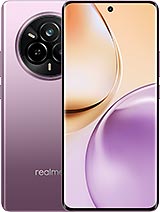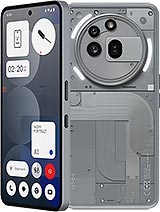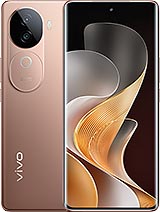Samsung Galaxy A26 alternatives
Tap above to see alternatives.
Vivo V40e alternatives
Tap above to see alternatives.
Samsung Galaxy A26
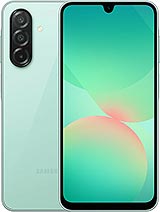
Samsung Galaxy A26
-
Exynos 1380
5 nm
-
5000 mAh
25W
-
6.7"
1080 x 2340 pixels
-
50 MP
4K@30fps
4x2.4 GHz Cortex-A78
4x2.0 GHz Cortex-A55
8GB 256GB
8GB 256GB (UFS 2.2)
f/1.8, 27mm (wide), 1/2.76", 0.64µm, PDAF, OIS
8 MP
f/2.2, 120˚ (ultrawide), 1/4", 1.12µm
2 MP
f/2.4, (macro)
f/2.0, (wide), 1/1.95", 0.8µm, PDAF, OIS
8 MP
f/2.2, 116˚ (ultrawide)
1080p@30fps
720p@480fps
1080p
f/2.2, (wide), 1/3.06", 1.12µm
f/2.0, (wide), 1/2.76", 0.64µm, AF
SIM1: Nano, SIM2: Nano (Hybrid)
SIM1: Nano, SIM2: Nano
FDD: N1, N3, N5, N7, N8, N20, N28, N66
TDD: N38, N40, N41, N77, N78
FDD: N1, N3, N5, N8, N28
TDD: N40, N77, N78
FDD: N1, N3, N5, N7, N8, N20, N28
TDD: N38, N40, N41, N77, N78
FDD: N1, N3, N5, N8, N28
TDD: N40, N77, N78
In this comparison, the Vivo V40e with the Mediatek Dimensity 7300 (4nm) performs better than the Samsung Galaxy A26 with the Exynos 1380 (5nm), thanks to its more efficient chipset.
The Samsung Galaxy A26 offers 6 years of OS updates, while the Vivo V40e provides 3 years. When it comes to security updates, Samsung Galaxy A26 leads with 6 years of support.
Both phones feature AMOLED displays. They have the same 120 Hz refresh rate. Vivo V40e also has a brighter display with 4500 nits, improving outdoor visibility. These phones have the same resolution.
Vivo V40e has a larger 5500 mAh battery for longer usage. Vivo V40e supports faster wired charging at 80W.
Samsung Galaxy A26 offers better water and dust resistance with an IP67 rating.





